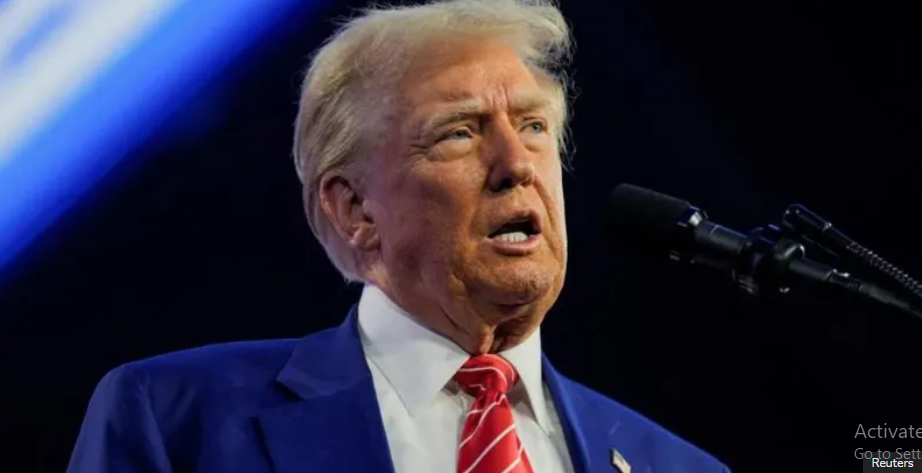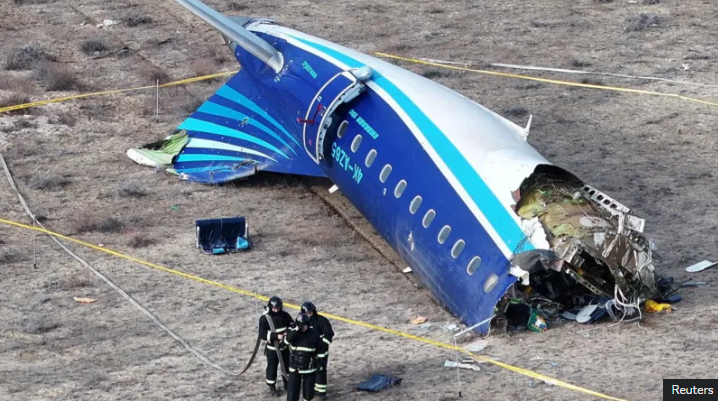
Nonetheless, Telegram has since announced a series of changes to the way it operates, including:
- Announcing IP addresses and phone numbers of those who violate its rules will be handed over to police in response to valid legal requests
- Disabling features like “people nearby” which it admitted had issues with bots and scammers
- Publishing regular transparency reports about how much content is taken down – a standard industry practice it had previously refused to comply with
Mr Durov has also vowed to “turn moderation on Telegram from an area of criticism into one of praise”.
The partnership with the IWF appears to be the latest step in that process.
The IWF is one of a few organisations in the world that is legally able to search for child sexual content to get it taken down.
Its ever-evolving list of known abuse content is used by websites to detect and block matches to stop it spreading.
Telegram says that before becoming a member of IWF it removed hundreds of thousands of pieces of abuse material each month using its own systems. The IWF membership will strengthen its mechanisms, the company said.
The app is marketed as a fully end-to-end encrypted messaging service – meaning only the sender and recipient of a message can read it – like WhatsApp and Signal.
But in fact the majority of communication is done with standard encryption, raising questions about how secure from hacking and interception it is.
Mr Durov, who was born in Russia and now lives in Dubai, has citizenship in Russia, France, the United Arab Emirates and the Caribbean island nation of St Kitts and Nevis.
Telegram is particularly popular in Russia, Ukraine and former Soviet Union states as well as Iran.















